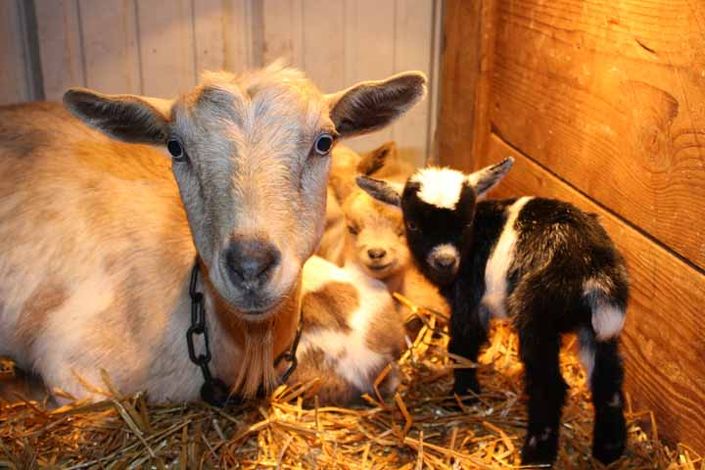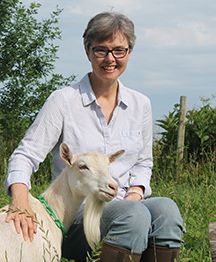
Goat Breeding
Your Instructor

In 2002, Deborah and her family moved to 32 acres on a creek in the middle of nowhere to grow their own food organically. With the help of goats, sheep, pigs, and poultry, they produce 100% of their meat, eggs, and dairy products, as well as a large percentage of their vegetables, fruit, and herbs. They sold chickens and turkeys for more than 10 years, and are currently a licensed egg producer in Illinois and sell eggs to a grocery store and through a CSA.
Deborah is the author of six books, including Homegrown and Handmade, Ecothrifty, and Raising Goats Naturally, as well as her latest book, Goats Giving Birth. She also teaches sustainable agriculture courses online for the University of Massachusetts - Amherst. She has been teaching Raising Dairy Goats Sustainably since 2013 and Pastured Poultry since 2015.
In 2022, Deborah got certified as a FAMACHA instructor so that she and her students could feel confident that she was providing the most up-to-date information on parasite research and management.